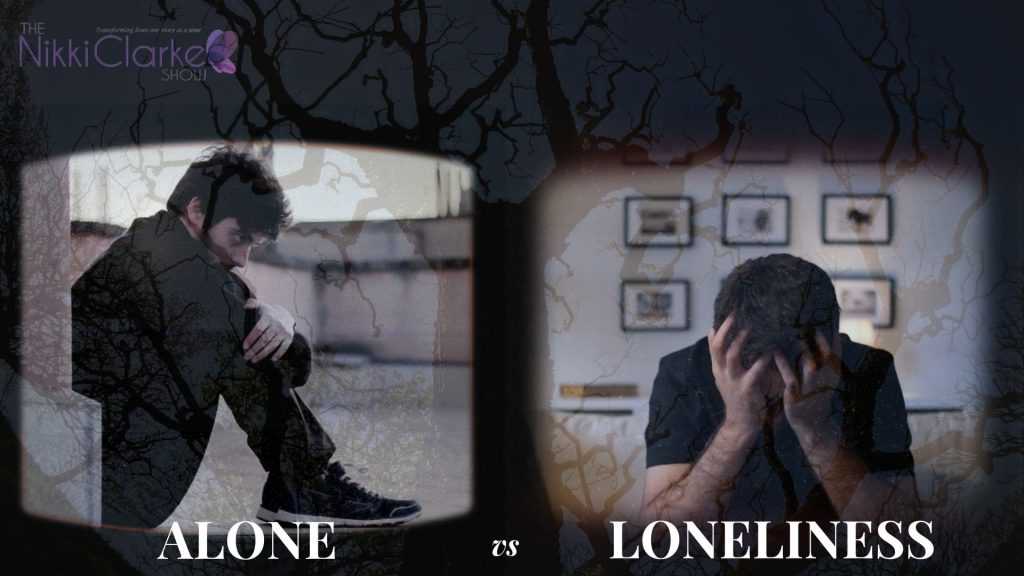
Being alone and experiencing loneliness are two concepts often used interchangeably, yet they carry distinct meanings and implications. In this exploration, we will delve into the nuances of being alone and feeling lonely, shedding light on the differences and highlighting the importance of understanding both states.
Alone:
Being alone is a physical state of solitude. It can be a choice or a circumstance, but it doesn’t necessarily imply loneliness. Spending time alone can be a valuable and enriching experience, providing opportunities for self-reflection, creativity, and personal growth. Embracing solitude allows individuals to recharge, focus, and discover their own interests without external distractions.
Benefits of Being Alone:
1. Self-Discovery: Alone time provides an opportunity for introspection, helping individuals understand their values, goals, and desires.
2. Creativity: Solitude often fosters creativity, allowing for uninterrupted thought and the exploration of new ideas without external influences.
3. Independence: Embracing solitude promotes self-reliance and independence, encouraging individuals to trust and rely on their own capabilities.
Loneliness:
Loneliness, on the other hand, is an emotional state that arises when one feels disconnected or isolated from others. It is a subjective experience influenced by the quality of relationships, social connections, and emotional well-being. Loneliness can affect anyone, regardless of whether they are physically alone or surrounded by others.
Factors contributing to Loneliness:
1. Lack of Meaningful Connections: Loneliness can stem from a lack of deep, meaningful connections with others.
2. Social Isolation: Physical isolation or a lack of social interactions can contribute to feelings of loneliness.
3. Emotional Disconnect: Loneliness can arise when individuals feel misunderstood or emotionally detached from those around them.
Balancing Alone Time and Social Connection:
Achieving a healthy balance between alone time and social connection is essential for overall well-being. While being alone can be rejuvenating, fostering meaningful relationships is equally important to combat loneliness. Building strong connections with others can provide emotional support, understanding, and a sense of belonging.
Conclusion:
In conclusion, being alone and experiencing loneliness are distinct concepts that coexist in the spectrum of human experience. Embracing solitude can be a positive and empowering choice, contributing to personal growth. However, it is crucial to recognize and address loneliness when it arises, as fostering meaningful connections is fundamental to our emotional well-being. Striking a balance between alone time and social interaction is key to leading a fulfilling and enriched life.

